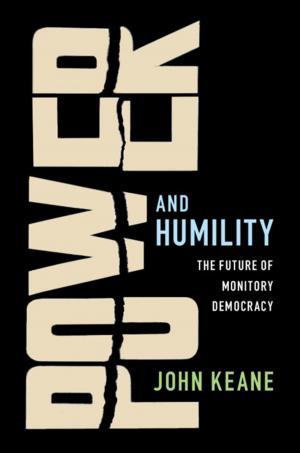Deadly Clerics
Blocked Ambition and the Paths to Jihad
Nonfiction, Social & Cultural Studies, Political Science, International, Foreign Legal Systems, History| Author: | Richard A. Nielsen | ISBN: | 9781108265669 |
| Publisher: | Cambridge University Press | Publication: | November 9, 2017 |
| Imprint: | Cambridge University Press | Language: | English |
| Author: | Richard A. Nielsen |
| ISBN: | 9781108265669 |
| Publisher: | Cambridge University Press |
| Publication: | November 9, 2017 |
| Imprint: | Cambridge University Press |
| Language: | English |
Deadly Clerics explains why some Muslim clerics adopt the ideology of militant jihadism while most do not. The book explores multiple pathways of cleric radicalization and shows that the interplay of academic, religious, and political institutions has influenced the rise of modern jihadism through a mechanism of blocked ambition. As long as clerics' academic ambitions remain attainable, they are unlikely to espouse violent jihad. Clerics who are forced out of academia are more likely to turn to jihad for two reasons: jihadist ideas are attractive to those who see the system as turning against them, and preaching a jihad ideology can help these outsider clerics attract supporters and funds. The book draws on evidence from various sources, including large-scale statistical analysis of texts and network data obtained from the Internet, case studies of clerics' lives, and ethnographic participant observations at sites in Cairo, Egypt.
Deadly Clerics explains why some Muslim clerics adopt the ideology of militant jihadism while most do not. The book explores multiple pathways of cleric radicalization and shows that the interplay of academic, religious, and political institutions has influenced the rise of modern jihadism through a mechanism of blocked ambition. As long as clerics' academic ambitions remain attainable, they are unlikely to espouse violent jihad. Clerics who are forced out of academia are more likely to turn to jihad for two reasons: jihadist ideas are attractive to those who see the system as turning against them, and preaching a jihad ideology can help these outsider clerics attract supporters and funds. The book draws on evidence from various sources, including large-scale statistical analysis of texts and network data obtained from the Internet, case studies of clerics' lives, and ethnographic participant observations at sites in Cairo, Egypt.















